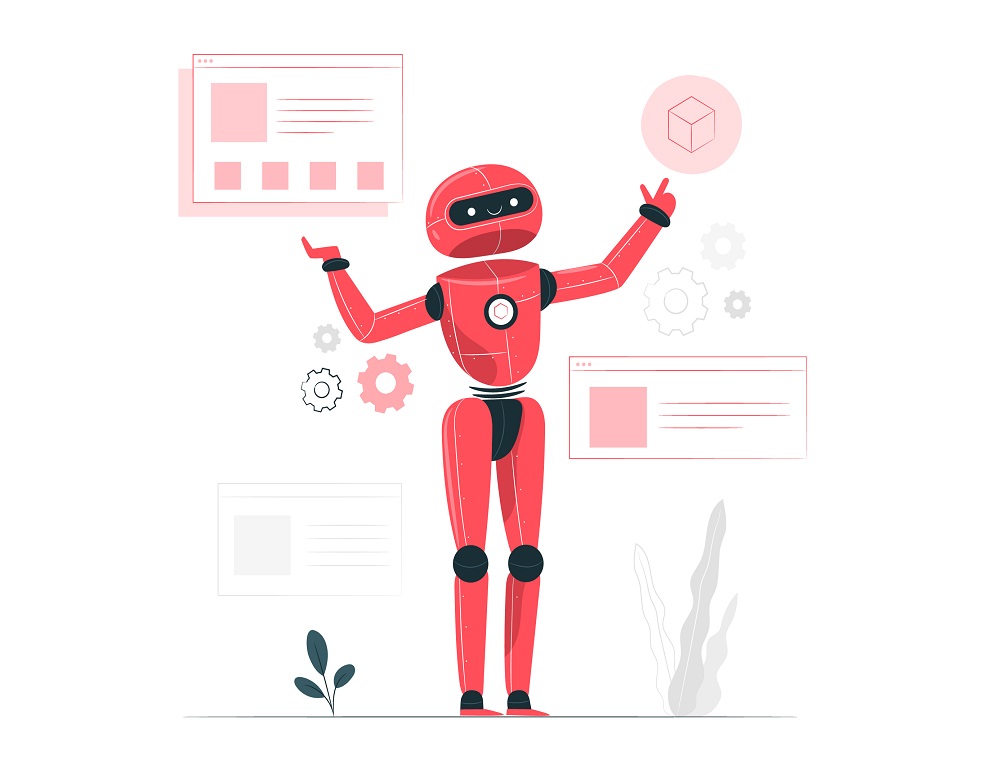How Education must Adapt to Artificial Intelligence?

The advancing of artificial intelligence after 2010, ignited a fear of technological unemployment. Followed by this, multiple articles and new reports stated that artificial intelligence would soon replace humans, which created an intensifying situation. While AI has its limitations, it has proven to be a very effective technology to reduce human efforts. We see an impactful influence of artificial intelligence in every business and operations today. Likewise, the education sector too can benefit from this technology to a great measure. Artificial Intelligence can better the quality and execution of the learning process and help in creating a new system of education.
Artificial Intelligence can improve the student’s learning experience. It has the ability to scale and accelerate personalized learning. This feature allows the educators and mentors to focus on each student’s strengths and weaknesses and help them improve on a personal level. Teachers are able to create and deliver customized training material that helps students in working on their problem areas.
One of the greatest advantages of artificial intelligence is the aid it provides in catering to the need of special attention children. Many students who suffer from learning disabilities, communication problems, difficulties in reading and writing, impairments of language can be provided with a customized technique of learning. This can help in including each one in the daily activities of learning and increase their confidence.
Artificial Intelligence can help in improving the content of modules and study material. In syncs with the recent technologies of the world and theoretical and practical content, the study material can be improved. AI can help in developing smart content. For a student who faces difficulties in a particular subject can turn to AI-driven tutorials for better understanding. There are many other aids like, personalized learning interface and digitized study guides, that are examples of smart content. This increases the spectrum of content creation and provides educators a wider knowledge base to improve the curriculum with the inclusion of animation and videos.
The most strenuous task that bog down educators is grading and certification. AI can automate the process and make it more accurate eliminating scope for human error. It can expedite the process and increase efficiency. AI can smartly take over grading and all other monotonous tasks, that are time-consuming for educators. This time saved can be used in personalized trainings and helping students improve in their problem areas.
Artificial Intelligence is a disruptive technology. It is steadily replacing the traditional classrooms and forming virtual classrooms that can be accessed from anywhere in the world. This technology if well used can prove to be a great advantage for teachers and educators. Artificial Intelligence has a long way to go before it replaces teachers in the education system, however it can reduce the time and efforts that teachers invest. By almost half. If teachers are provided with better training about the benefits of AI, they can harness the new techniques in their teaching methods that will be qualitative and effective.
Fiction books that used to tell us stories of imaginary robots and digitized mechanisms is turning into reality today. Only time can tell will reveal whether the effects of this new technology in the field of education are good or bad.

